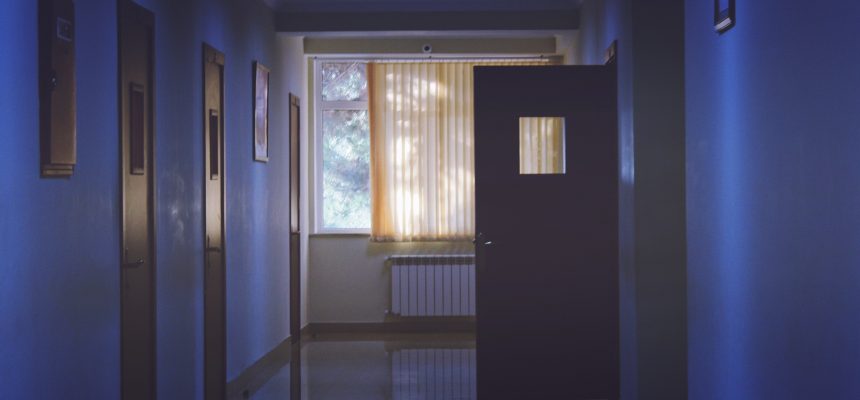Appalachia Residents Battle Lack Of Accessible Mental Health Care
By Consumers for Quality Care, on October 20, 2017

A new article from Kaiser Health News highlights the lack options for mental health treatment in Appalachia, and the measures many consumers and physicians take in order to meet the community’s need.
In at least one county in West Virginia, there are no psychiatrists. The lack of available care options means that many individuals have to travel great distances to seek treatment and maintain usual appointments. For some suffering from mental illness, this is no easy task.
A handful of small, general medical practices and a few behavioral health specialists handle services for the 21,763 [Wyoming County] residents. Patients’ issues — ranging from depression, anxiety, addiction and other mental health concerns — are aggravated by the local economic downturn.
The scarcity of mental health treatment options is spreading the burden of care to other specialties. Dr. Joanna Bailey is a family medicine doctor who cares for Medicaid patients; in the counties where she practices, Medicaid enrollments are up 35 and 48 percent, roughly. She believes that the lack of access to mental health care puts her patients at a disadvantage.
“As a family doctor, I’m doing way more psychiatry than I am comfortable with,” Bailey said.
Dr. Bailey says that treating mental health issues constitutes about 30% of her caseload.
When patients need specialized treatment, she sends them to the closest physiatrist, located in Beckley, W. Va. However, it can often take as long as a month to get an appointment.
Every other month, Tanya Nelson travels 32 miles from the heart of Appalachia’s coal country for an appointment with the nearest psychiatrist for therapy and to renew prescriptions. But the commute, which should take less than an hour through the winding mountain roads of southern West Virginia, consumes her entire day. Nelson, 29, needs treatment for bipolar disorder, depression and anxiety. But she does not drive, so she must use a van service to keep her appointments. It makes numerous stops along the highway, picking up other travelers, and usually doesn’t return to her home in New Richmond, W.Va., until day’s end.
The sole clinical psychologist within their practice, Joy Butcher-Winfree, says she usually sees 9 patients a day. She too, feels the burden of lack of resources for patients, often knowing that patients need more time than she has to give.
Rebecca Marsh, who is the clinic administrator for the Southern Highlands Community Mental Health Center, feels it too. The Southern Highlands center serves nearly 400 people, providing therapy, counseling and other services. She has tried to hire more employees, to meet the community’s needs, but has had trouble hiring employees. Marsh says the areas that need the help are not easy to access.
Studies reflect these doctors’ experiences:
Study after study shows health markers in Appalachia lagging. In August, an analysis in the journal Health Affairs found a widening gap comparing health indicators such as infant mortality and life expectancy in Appalachia with the rest of the country.
Also in August, research released by the Appalachian Regional Commission highlighted the area’s high mortality rates in seven of the nation’s leading causes of death — including suicide. It also showed the region has fewer health care professionals compared with the rest of the country, specifically mental health care providers.




